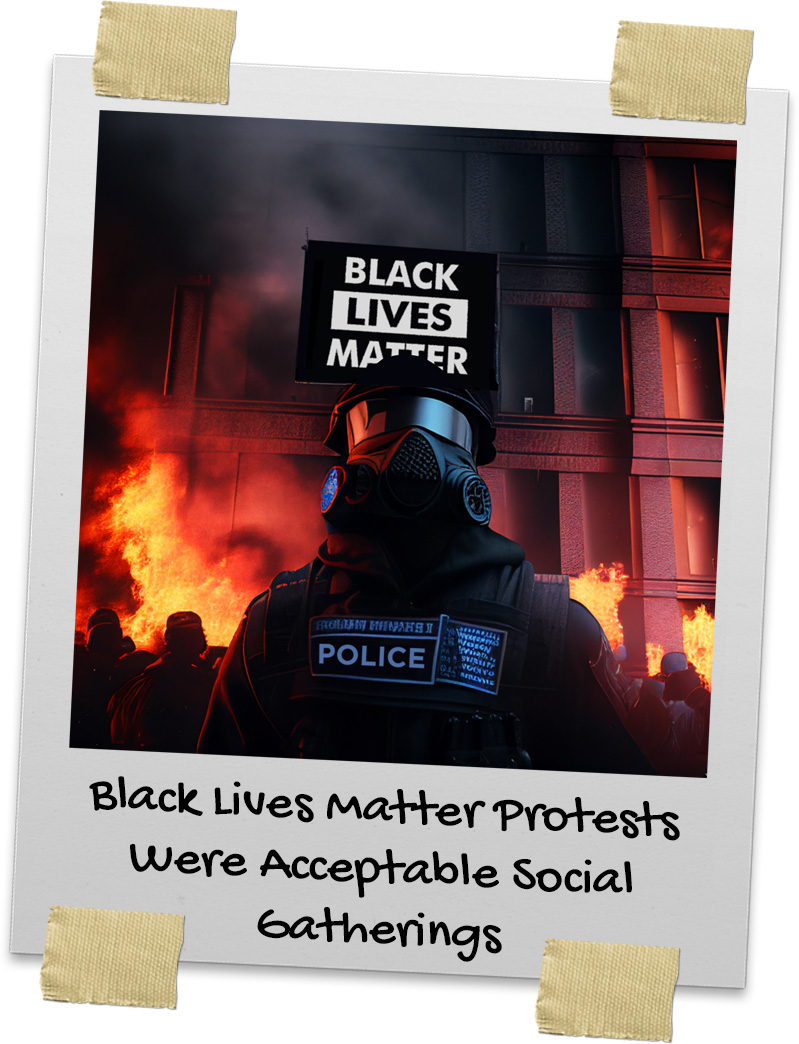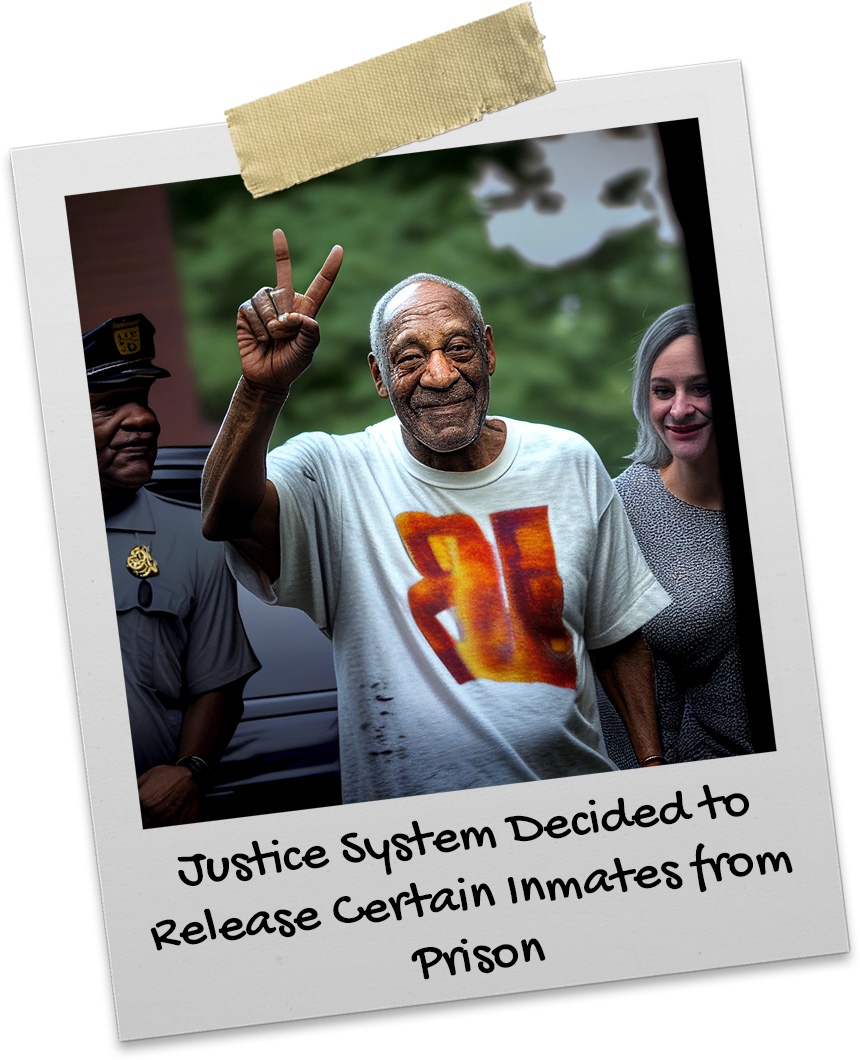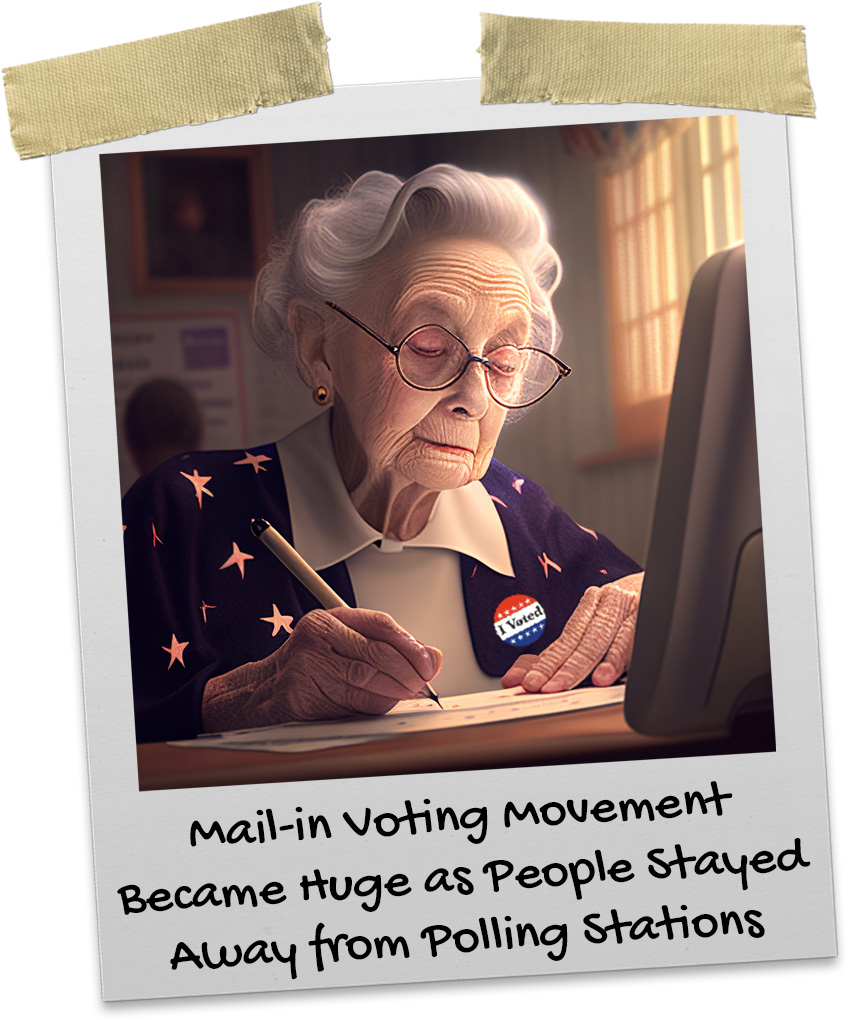The Covid-19 pandemic reshaped the political landscape in unprecedented ways. From the halls of power to grassroots activism, this crisis ushered in transformative changes in governance, public policy, and civic engagement.
Governments worldwide grappled with the colossal challenge of protecting public health while safeguarding economic stability. Leaders faced intense scrutiny as they made critical decisions affecting lives and livelihoods. Science and data became linchpins in policy-making, raising questions about the intersection of politics and public health.
Inequalities came to the forefront as the pandemic disproportionately impacted marginalized communities, sparking urgent discussions on social justice, healthcare access, and economic disparities. Citizens rallied for change, demanding accountability and action on long-standing issues.
Elections and political campaigns adapted to the 'new normal,' with virtual rallies, mail-in voting, and digital outreach strategies taking center stage. The pandemic's impact on voter turnout and engagement reverberated through the democratic process.
Global cooperation faced both challenges and opportunities, with countries working together on vaccine distribution while vaccine diplomacy and geopolitical tensions played out on the world stage.
As we explore Covid-19's impact on politics, we delve into the complex interplay between leadership, public trust, and the enduring struggle for equity and justice. Join us on this journey through a world transformed, where politics and the pandemic converged to shape our shared future. 🌍🗳️ #PoliticsAfterCovid #GlobalShift
Politics (6)

The Government Handed Out Stimulus Checks and People Went Nuts

Paycheck Protection Program Loans Kept Businesses Operational

Black Lives Matter Protests Were Acceptable Social Gatherings

Justice System Decided to Release Certain Inmates from Prison

Politicians Caught Going Against Their Own Social Distancing Guidelines




